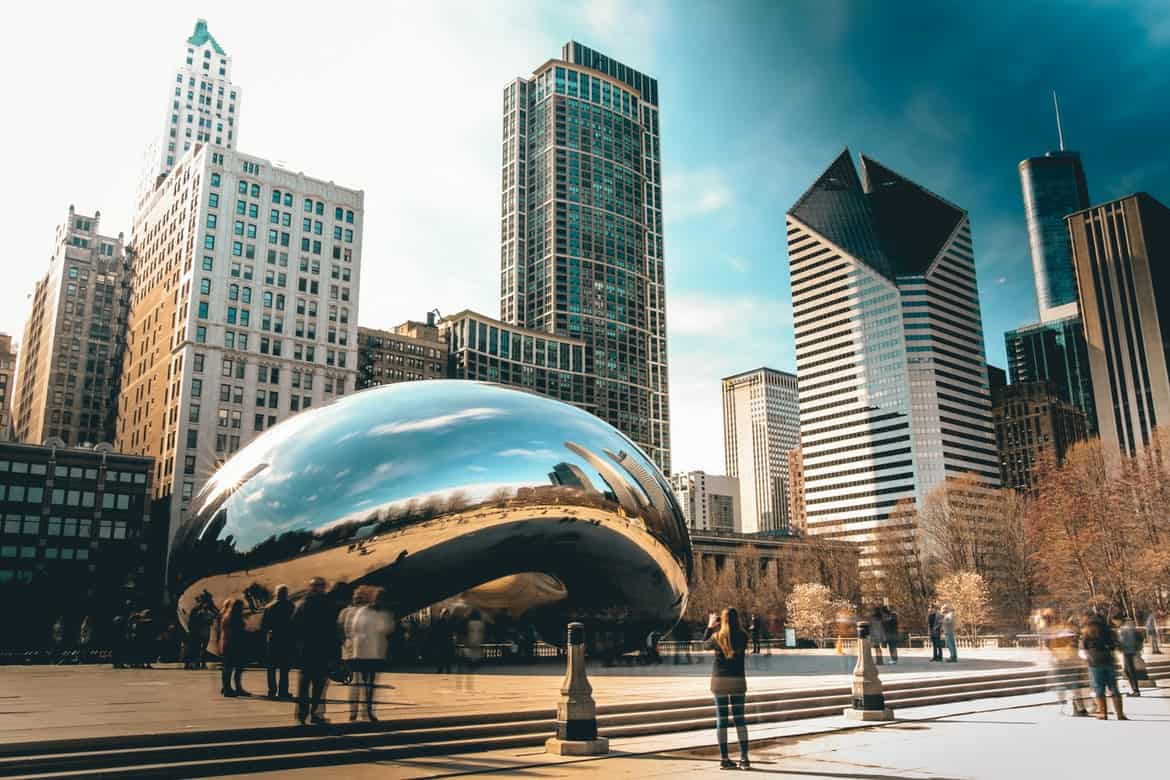
Iman Masmoudi is a student at Harvard Law School.
Last night, Chicago Mayor Lightfoot announced that a deal was reached with the Chicago teacher’s union to reopen schools. According to the agreement, children will begin returning to school on Wednesday and schools will be implementing a complex safety plan with policies in place for Covid-19 testing, remote learning alternatives, and unpaid pandemic-specific leave. The agreement also included resolutions for other ongoing labor issues, including teachers’ fears of docked pay and designation of an outside party to resolve disputes. The most contentious point in the plan, when and how to return to remote learning, now stipulates metrics to move individual schools to remote learning, depending on how many staff and students are absent and infected. The agreement is still contingent on a union vote, but most expect it to pass, ending the five-day standoff. Many look to the Chicago union agreement as one that may be mirrored across the country, as unions negotiate with cities to achieve safety requirements and feasible work plans for teachers amidst the pandemic.
Vox published an article titled “The Great Resignation: A New Era for the American Worker” which explores the impression that American workers now have more bargaining power relative to their employers than they have had in decades. This may be, the article explores, due to a confluence of factors including increased union organizing in recent years, cultural pro-labor shifts, higher demand for labor, and lower willingness to work for low wages or in dangerous conditions. A record number of Americans have been quitting their jobs — 4.5 million in November alone, representing 3 percent of all employment. This rare moment can perhaps provide a unique opportunity to change the nature of work in America. Workers must use this moment, the article argues, to win increased pay, better benefits, and other perks like work-from-home.
A report yesterday by More Perfect Union, shed light on issues at Red Lobster in which employees claim widespread practices of coming to work while sick, citing severe pressure from managers and a lack of access to paid sick leave. Just 12% of Lobster staff say that they have access to paid sick leave. The report highlights the importance of paid sick leave, as it found that sixty-three percent of Red Lobster workers who said they’ve been sick in the past month admitting working while sick. Of those, two-thirds cited lack of access to paid sick leave and a need for the income as their reasons for working while sick.
Yesterday, the Genesee St. Starbucks union officially became, by 15-9 union vote, the second unionized Starbucks in the United States. The national Starbucks Workers United union ran three such elections in the Buffalo area in December, but the NLRB has only just certified the results of the second election. The union will continue to fight for more unionization votes elsewhere and is optimistic for more victories at Starbucks.
In the ongoing NLRB case against Google filed by former employees who claim they were fired for unionization efforts, a judge ordered yesterday that Google improperly claimed attorney-client privilege in an attempt to protect certain documents from discovery. Google will have to produce these documents, numbering near 200, as well as provide the ALJ with over 1,000 other documents it claimed as privileged to be reviewed for improper characterization, as well. Google denies the employees were fired for unionization efforts.






Daily News & Commentary
Start your day with our roundup of the latest labor developments. See all
February 12
Teamsters sue UPS over buyout program; flight attendants and pilots call for leadership change at American Airlines; and Argentina considers major labor reforms despite forceful opposition.
February 11
Hollywood begins negotiations for a new labor agreement with writers and actors; the EEOC launches an investigation into Nike’s DEI programs and potential discrimination against white workers; and Mayor Mamdani circulates a memo regarding the city’s Economic Development Corporation.
February 10
San Francisco teachers walk out; NLRB reverses course on SpaceX; NYC nurses secure tentative agreements.
February 9
FTC argues DEI is anticompetitive collusion, Supreme Court may decide scope of exception to forced arbitration, NJ pauses ABC test rule.
February 8
The Second Circuit rejects a constitutional challenge to the NLRB, pharmacy and lab technicians join a California healthcare strike, and the EEOC defends a single better-paid worker standard in Equal Pay Act suits.
February 6
The California Supreme Court rules on an arbitration agreement, Trump administration announces new rule on civil service protections, and states modify affirmative action requirements